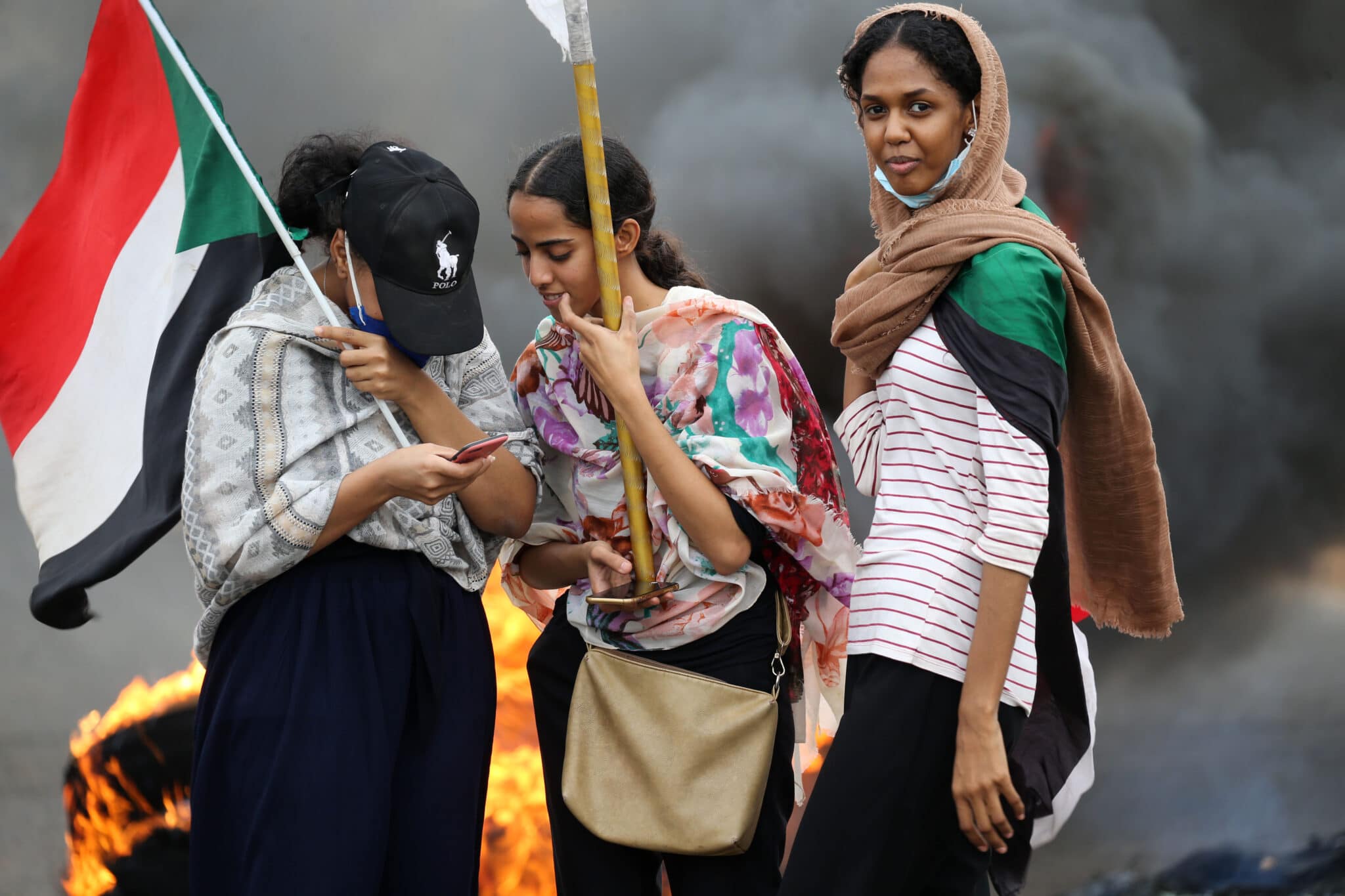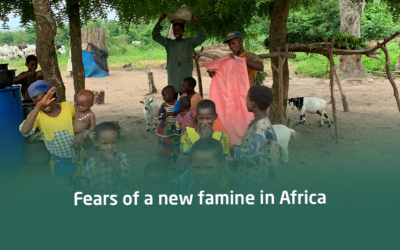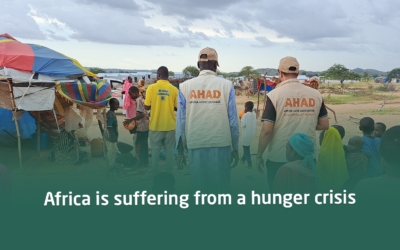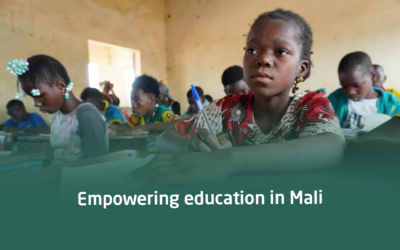The challenges facing Sudan
Sudan is one of the largest African countries in terms of area, as it extends over a vast area covering a variety of natural environments, ranging from arid deserts in the north to fertile agricultural lands in the South. This geographical diversity is reflected in the cultural and ethnic diversity of the population, as Sudan includes more than 500 different ethnic and linguistic groups. This cultural richness reflects a long and complex history of interaction between different peoples and civilizations that lived in the region.
Despite this rich diversity, Sudan faces multiple challenges that hinder its path towards stability and growth. Sudan has suffered for many years from civil wars and armed conflicts, which have negatively affected its infrastructure and economy. These conflicts caused the displacement of millions of citizens and the destruction of large areas of the country, which increased the suffering of the population and led to a deterioration in living conditions.
On the political front, Sudan is still trying to move from dictatorship to a stable democratic regime after the overthrow of the regime of former President Omar al-Bashir in 2019. This transition process is facing great difficulties as a result of disagreements between various political forces and challenges in building strong and transparent state institutions.
Economically, Sudan faces many problems such as high inflation and unemployment, in addition to huge external debts that burden the economy and limit the government’s ability to implement effective development programs. Widespread poverty is also a major challenge for the government, as a significant part of the population lives below the poverty line, which exacerbates socio-economic crises.
On the social front, the country has poor education and health services, which directly affects the quality of life and increases poverty and unemployment rates. Environmental challenges, such as desertification and climate change, also affect natural resources and increase pressures on local populations.
In this article, we will review in detail the most prominent challenges facing Sudan, focusing on how to deal with them to achieve sustainable development and stability in the country. Overcoming these challenges requires concerted national and international efforts to promote peace and stability and achieve comprehensive development for all sectors of Sudanese society.

Political challenges
Internal conflicts
Sudan is plagued by ongoing internal conflicts, especially in areas such as Darfur, Blue Nile and South Kordofan. These conflicts cause the displacement of the population and the destruction of infrastructure, which increases the suffering of the people and hinders the development process. Armed conflicts lead to a shortage of basic resources and services and exacerbate humanitarian crises, making political solutions more complex.
Political transition
Since the overthrow of the regime of former President Omar al-Bashir in 2019, Sudan is facing significant challenges in the transition to stable democratic governance. Conflicts between different political forces and the lack of agreement on a new constitution make the process of political transition even more complicated. The country needs to build strong and transparent state institutions capable of supporting democracy and protecting human rights, which requires broad political consensus and cooperation between all parties.
Economic challenges
Inflation and unemployment
Sudan is facing a very high inflation rate that affects the value of the local currency and increases the cost of living. In addition, the country has high unemployment rates, especially among young people, which increases poverty and social instability. The constant rise in prices reduces the purchasing power of citizens, leads to an increase in poverty and exacerbates social problems.
External debt
Foreign debt is considered a heavy burden on the Sudanese economy. Despite the government’s attempts to restructure these debts and obtain exemptions, they still have a significant impact on the local economy and on the state’s ability to implement development programs. Large debts constrain the financial capacity of the state and limit the possibilities of investing in infrastructure and basic services.
Social challenges
Poverty
A large percentage of the population lives below the poverty line, which increases the suffering of families and limits opportunities for education and health care. Poverty is also a major challenge in achieving social stability and increases the likelihood of conflicts. The need to improve living conditions requires effective social policies that support the most vulnerable groups and work to reduce the economic gap.
Education and health
The education and health sectors in Sudan suffer from a lack of funding and poor infrastructure. This leads to a low level of services provided and increased suffering of citizens, which negatively affects the human development of the country. Improving these sectors requires significant investments and structural reforms to ensure universal access to high-quality educational and health services.
Environmental challenges
Climatic changes
Sudan is facing negative impacts as a result of climate changes such as droughts and floods, which affect agriculture, water and Natural Resources. These changes exacerbate poverty and conflicts over resources. Meeting these challenges requires adopting strategies to adapt to climate change and strengthen resilience to natural disasters.
Desertification
Desertification is one of the most prominent environmental challenges facing Sudan, as it leads to the degradation of agricultural land and the decline in agricultural production, which affects the food security of the population. Combating desertification requires the implementation of projects for the rehabilitation of degraded lands and the promotion of sustainable agricultural practices.
Sudan faces a set of complex challenges that require comprehensive and multidimensional solutions. It is essential that internal and external efforts join hands to overcome these challenges and work to achieve stability and sustainable development. Investing in education and health, reforming the political system, improving economic conditions, and preserving the environment are all essential steps towards a better future for Sudan and its people. Achieving these goals requires cooperation and solidarity from the international community and strong support from all interested parties inside the country.
You can visit the AHAD website to find out more about the projects it offers
ALSO READ
WHAT THE FOOD BASKET CONTAINS IN AHAD
Join us in our message




